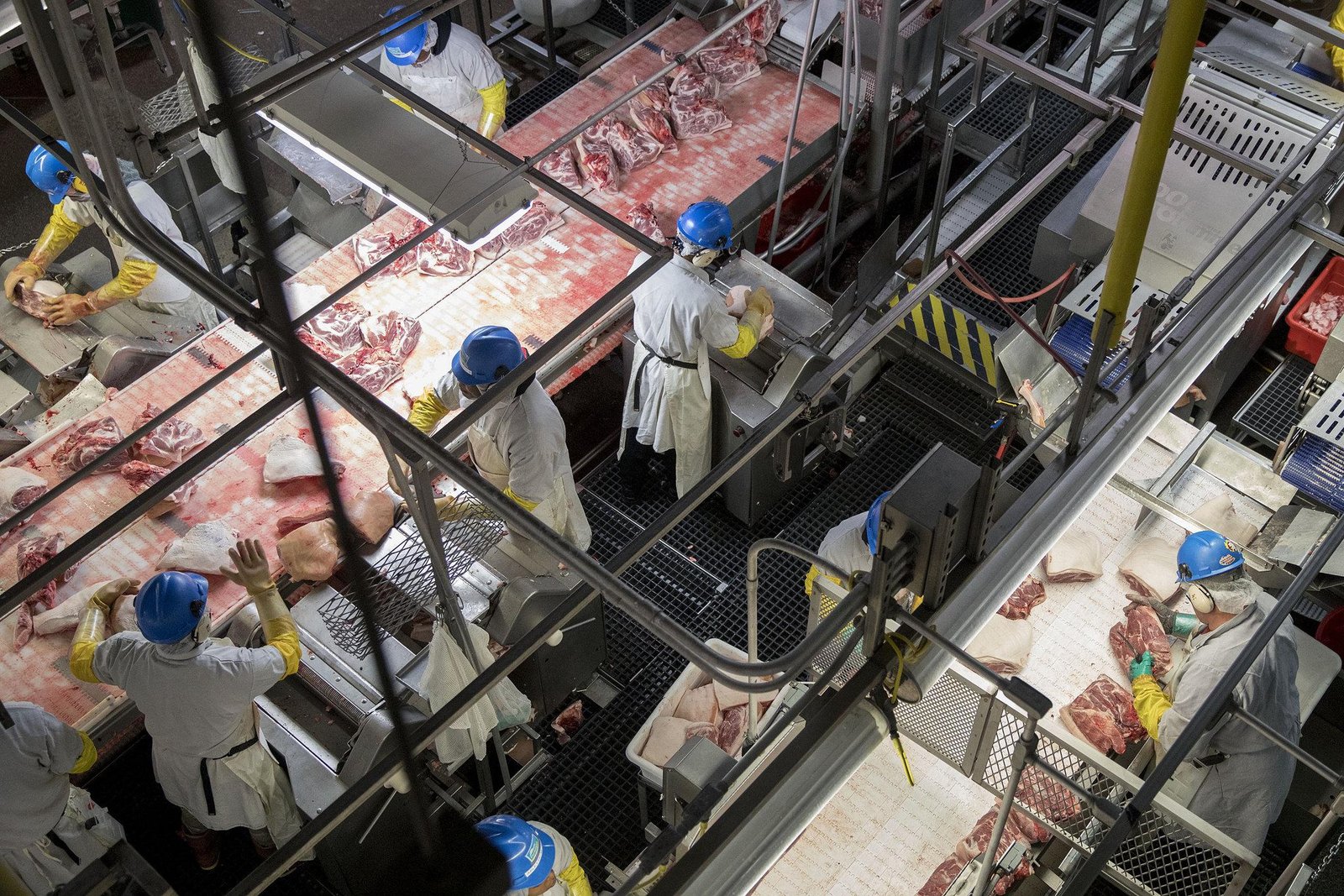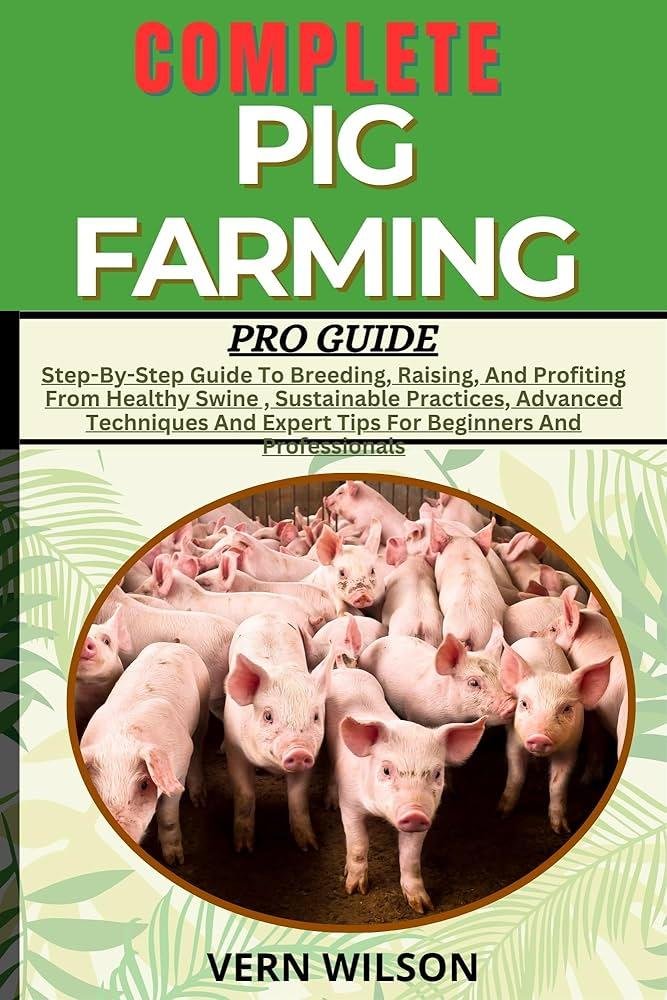
Champions of Care in Pork Production: The Story of Wes Lack
In the heartland of American agriculture, where the golden sunrise stretches across vast farmlands, individuals like Wes Lack embody the evolving paradigm of modern pork production. His journey illustrates a commitment to animal welfare that transcends mere compliance with industry standards. Lack, a second-generation producer operating out of central Iowa, has implemented innovative approaches to swine management that merit close examination.
The pork industry confronts unprecedented challenges today.Market volatility, consumer expectations, regulatory pressures, and a heightened focus on sustainability coalesce to create a complex operational landscape. Within this habitat, Lack’s operation stands as a testament to how traditional animal husbandry values can harmonize with cutting-edge production methodologies.
“The pigs don’t know what day it is,” Lack often remarks.This seemingly simple observation underscores his philosophical approach to care consistency. Daily routines at Lack’s facility follow meticulous protocols, developed through years of observation and refinement, regardless if it’s Christmas morning or an ordinary Tuesday.
His 5,000-head operation implements a ventilation system that exceeds industry standards by incorporating redundant monitoring technologies.This approach, while initially more costly, has diminished respiratory issues by approximately 23% compared to regional averages. Data collection remains central to his management style.Lack maintains,despite being occasionally criticized for his obsession with metrics,that “what gets measured improves.”
The integration of technology with compassionate management defines Lack’s approach to pork production. Electronic feeding systems installed throughout his finishing barns allow for precise nutritional control, while workers trained in behavioral observation monitor for subtle signs of discomfort or distress. Such attention to detail yielded quantifiable results—mortality rates hovering around 1.2%, significantly below the industry average of 2.8%, according to the latest National Pork Board statistics.
Lack’s commitment to biosecurity presents another distinctive aspect of his operation. Visitors to the facility encounter a rigorous protocol that some industry observers find excessive. Nevertheless, these measures, which few producers have fully embraced due to implementation costs, has kept his herd remarkably disease-free for three consecutive years.
What distinguishes truly exemplary producers like Lack isn’t merely technical proficiency but their holistic conception of animal wellbeing. Their approach encompasses not only physical health but also behavioral needs. Lack’s barns feature environmental enrichment elements—strategically placed ropes, brushes, and manipulable objects—that allow pigs to express natural behaviors. These accommodations, while appearing superfluous to casual observers, demonstrably reduce stress indicators and aggressive interactions among the animals.
Staff training constitutes another cornerstone of Lack’s management philosophy.New employees undergo a extensive orientation process, receiving ongoing education in animal handling techniques and welfare assessment. Yet, in a moment of candor, Lack acknowledges that “sometimes the pigs are easier to manage than the people.” This human element remains perhaps the most challenging aspect of modern production systems.
The economic realities of pork production cannot be divorced from welfare considerations. Lack’s operation demonstrates that ethical practices and profitability need not be mutually exclusive. Indeed, his production costs typically run 7% higher than conventional systems, but his premium market access and reduced losses generate approximately 11% greater returns per animal produced.
The future of pork production likely belongs to producers who, like Wes Lack, harmonize efficiency with ethics. As consumer awareness grows and market demands evolve, the industry will increasingly reward those championing progressive care standards. Wes Lack doesn’t merely produce pork—he cultivates a vision of agriculture where productivity and compassion converge in enduring harmony.

